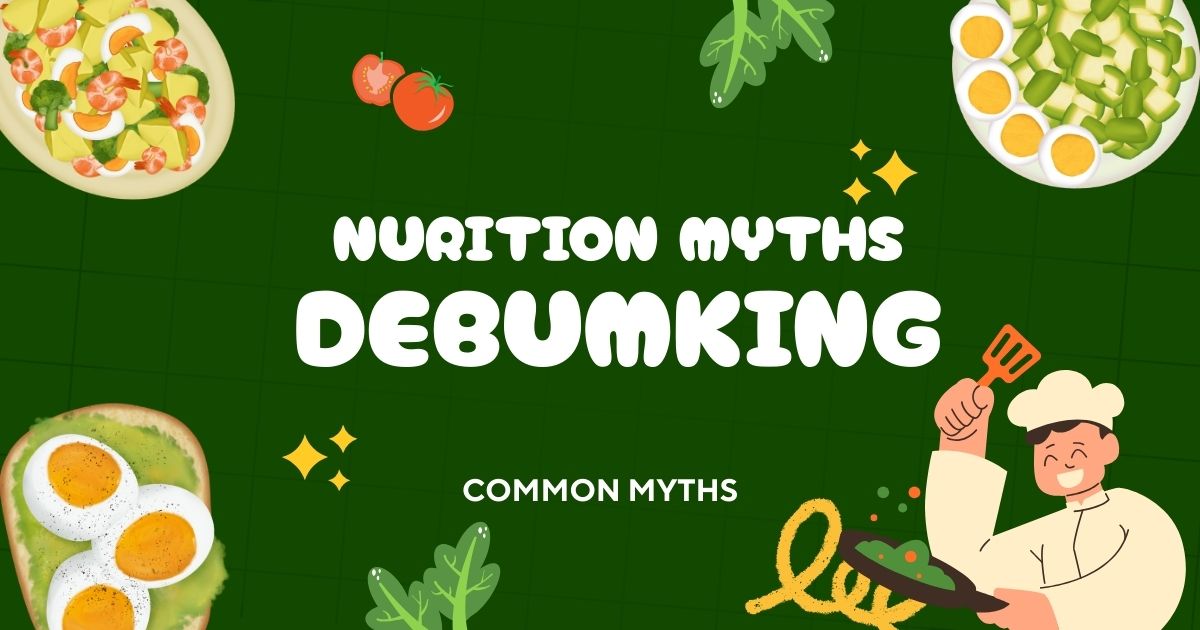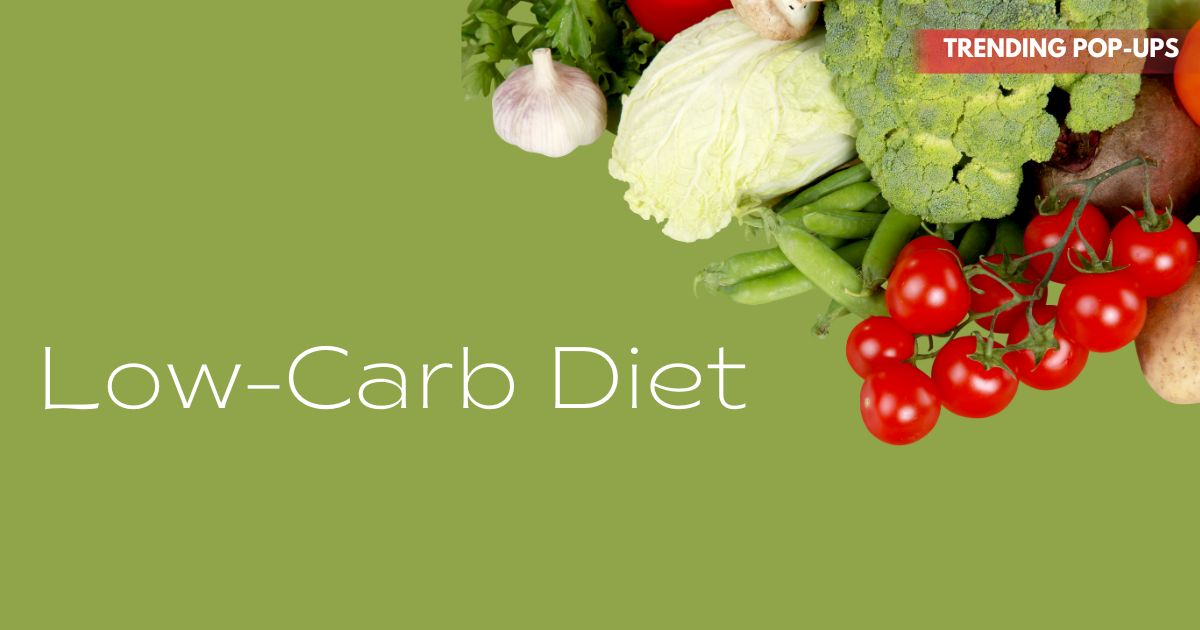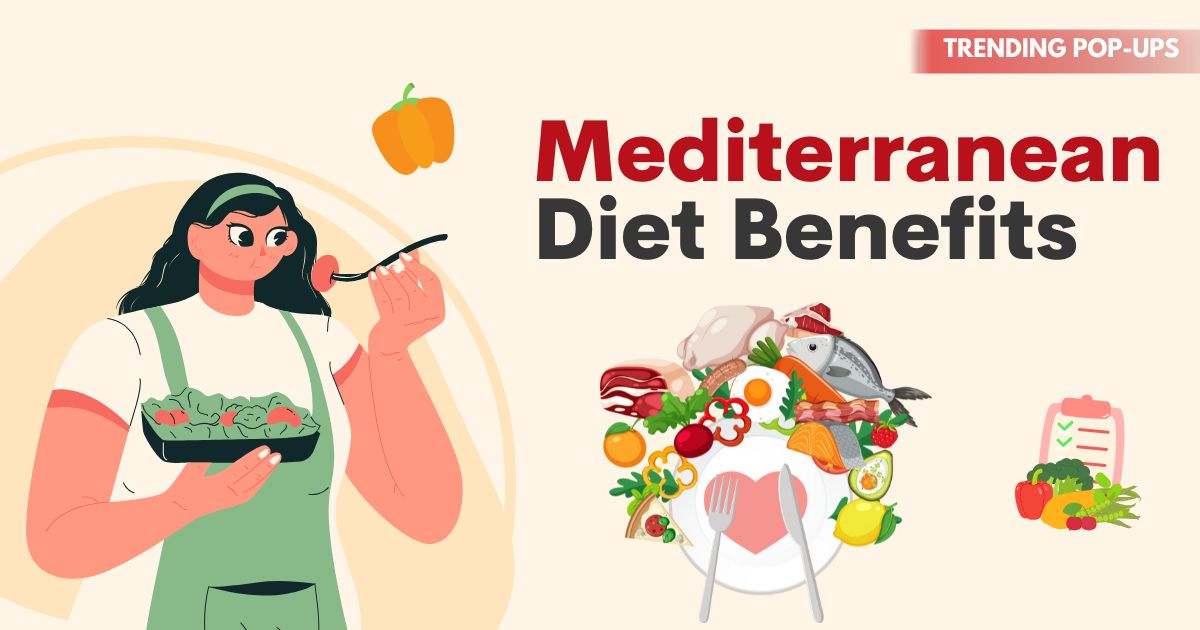Nutrition is one of the most debated topics in health and wellness. Every day, new diet trends and food “rules” emerge, often leaving people confused about what’s actually healthy. While some advice is rooted in science, many popular beliefs are myths that can harm your health rather than help it. In this article, we will debunk common nutrition myths, separate fact from fiction, and provide evidence-based insights for making better food choices.
Why Nutrition Myths Spread So Easily
Nutrition myths are everywhere—from social media posts and celebrity endorsements to outdated advice passed down through generations. People are eager for quick fixes, which makes them vulnerable to misinformation. Unfortunately, misleading claims can lead to poor dietary habits, nutrient deficiencies, and even long-term health risks. Understanding the truth is the first step toward eating smart and staying healthy.
Here are some common Myths :-
1: Carbohydrates Make You Gain Weight
One of the most widespread nutrition myths is that carbohydrates are the enemy. While low-carb diets can help some people lose weight, it’s incorrect to blame carbs alone for weight gain.
The truth:
-
Not all carbs are equal. Whole grains, fruits, vegetables, and legumes are rich in fiber, vitamins, and minerals, making them essential for energy and overall health.
-
Refined carbs like white bread, pastries, and sugary snacks are the real culprits, as they spike blood sugar levels and contribute to weight gain when eaten in excess.
Bottom line: Complex carbs should be part of a balanced diet, while refined carbs should be limited.
2: Fat Is Always Bad for You
For years, fat was demonized as the cause of obesity and heart disease. As a result, “low-fat” foods became a craze.
The truth:
-
Healthy fats, such as those found in avocados, nuts, seeds, olive oil, and fatty fish, are vital for brain function, hormone production, and heart health.
-
Trans fats and excessive saturated fats can increase the risk of cardiovascular disease and should be avoided.
Bottom line: Fat is not the enemy—choosing the right type of fat is what matters.
3: Eating Late at Night Causes Weight Gain
Many people believe that eating after 8 or 9 p.m. automatically leads to weight gain.
The truth:
-
Weight gain is linked to the total number of calories consumed versus calories burned, not the time you eat.
-
What you eat at night matters more than when you eat. If your evening snacks are chips, cookies, or fast food, they can contribute to weight gain.
Bottom line: Late-night eating isn’t inherently bad, but opt for healthy snacks like fruit, yogurt, or nuts if you’re hungry.
4: You Need Supplements for Good Health
The supplement industry is booming, but many people believe they must take multivitamins and protein powders to stay healthy.
The truth:
-
Most nutrients can be obtained through a balanced diet that includes a variety of whole foods.
-
Supplements are helpful in specific cases, such as vitamin D in winter, iron for anemia, or vitamin B12 for vegans.
Bottom line: Supplements can fill gaps but should never replace real food.
5: Detox Diets Cleanse Your Body
“Detox teas” and “cleansing juices” are marketed as miracle solutions for flushing out toxins.
The truth:
-
Your liver, kidneys, lungs, and skin naturally detoxify your body every day without the need for special products.
-
Detox diets often restrict essential nutrients and can lead to fatigue, dehydration, and nutrient imbalances.
Bottom line: Focus on a balanced diet, hydration, and exercise—your body is already an expert at detoxification.
6: Skipping Meals Helps You Lose Weight
Some believe that skipping meals, such as breakfast, is a quick way to cut calories and slim down.
The truth:
-
Skipping meals often leads to overeating later in the day and can slow down metabolism.
-
Eating balanced meals throughout the day helps regulate blood sugar and energy levels.
Bottom line: If you practice intermittent fasting, do it with guidance, but don’t skip meals recklessly.
7: All Calories Are Equal
While it’s true that weight loss is influenced by calorie balance, the source of those calories is just as important.
The truth:
-
500 calories of soda and chips do not provide the same nutrition as 500 calories of vegetables, lean protein, and whole grains.
-
Nutrient-dense foods support metabolism, immunity, and long-term health.
Bottom line: Quality of calories matters as much as quantity.
8: High-Protein Diets Damage Your Kidneys
Protein has become popular for weight management and muscle growth, but some fear it harms the kidneys.
The truth:
-
In healthy individuals, high-protein diets do not cause kidney damage.
-
People with pre-existing kidney conditions, however, should monitor their protein intake.
Bottom line: Protein is safe and beneficial for most people when consumed in recommended amounts.
9: Fresh Produce Is Always Healthier Than Frozen
Many assume fresh produce is superior to frozen options.
The truth:
-
Frozen fruits and vegetables are picked at peak ripeness and flash-frozen, locking in nutrients.
-
Fresh produce may lose nutrients during storage and transport.
Bottom line: Both fresh and frozen options are healthy—choose whichever is convenient and affordable.
10: Gluten-Free Diets Are Healthier for Everyone
Gluten-free diets have become trendy, even among people without celiac disease or gluten sensitivity.
The truth:
-
Only individuals with gluten intolerance or celiac disease need to avoid gluten.
-
Gluten-free processed foods are not necessarily healthier—they may lack fiber and contain added sugars.
Bottom line: Unless you have a medical reason, there’s no need to go gluten-free.
Practical Tips to Avoid Falling for Nutrition Myths
-
Check scientific sources – rely on peer-reviewed studies instead of social media trends.
-
Beware of extreme claims – if it sounds too good to be true, it probably is.
-
Consult professionals – registered dietitians and nutritionists provide evidence-based guidance.
-
Focus on balance – moderation is key, and no single food will make or break your health.
Also Read : Natural Remedies vs. Modern Medicine – When to Choose What
FAQs
Q1. Are carbs bad for weight loss?
No. Carbs are essential for energy. Focus on whole grains, fruits, and vegetables instead of refined carbs.
Q2. Do I need supplements every day?
Not necessarily. A balanced diet usually provides all the nutrients you need. Supplements are only required in specific cases.
Q3. Is eating fat unhealthy?
No. Healthy fats (avocados, nuts, olive oil) are beneficial. Avoid trans fats and limit saturated fats.
Q4. Does eating late at night cause weight gain?
Not directly. Weight gain depends on calorie balance and food choices, not timing.
Q5. Are frozen vegetables less nutritious?
No. Frozen produce can be just as nutritious as fresh since it’s preserved at peak ripeness.



